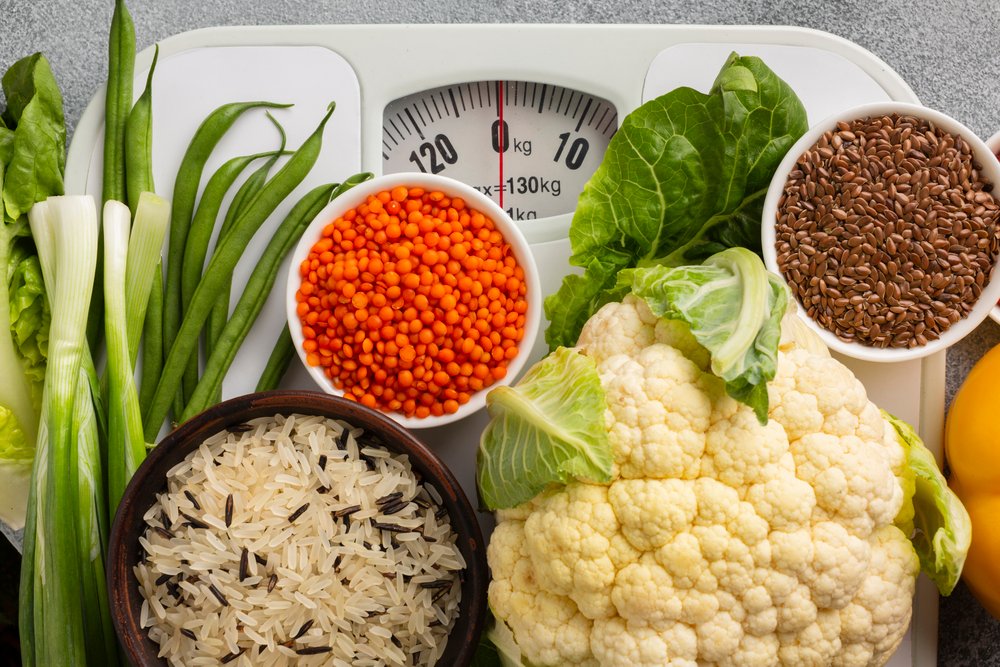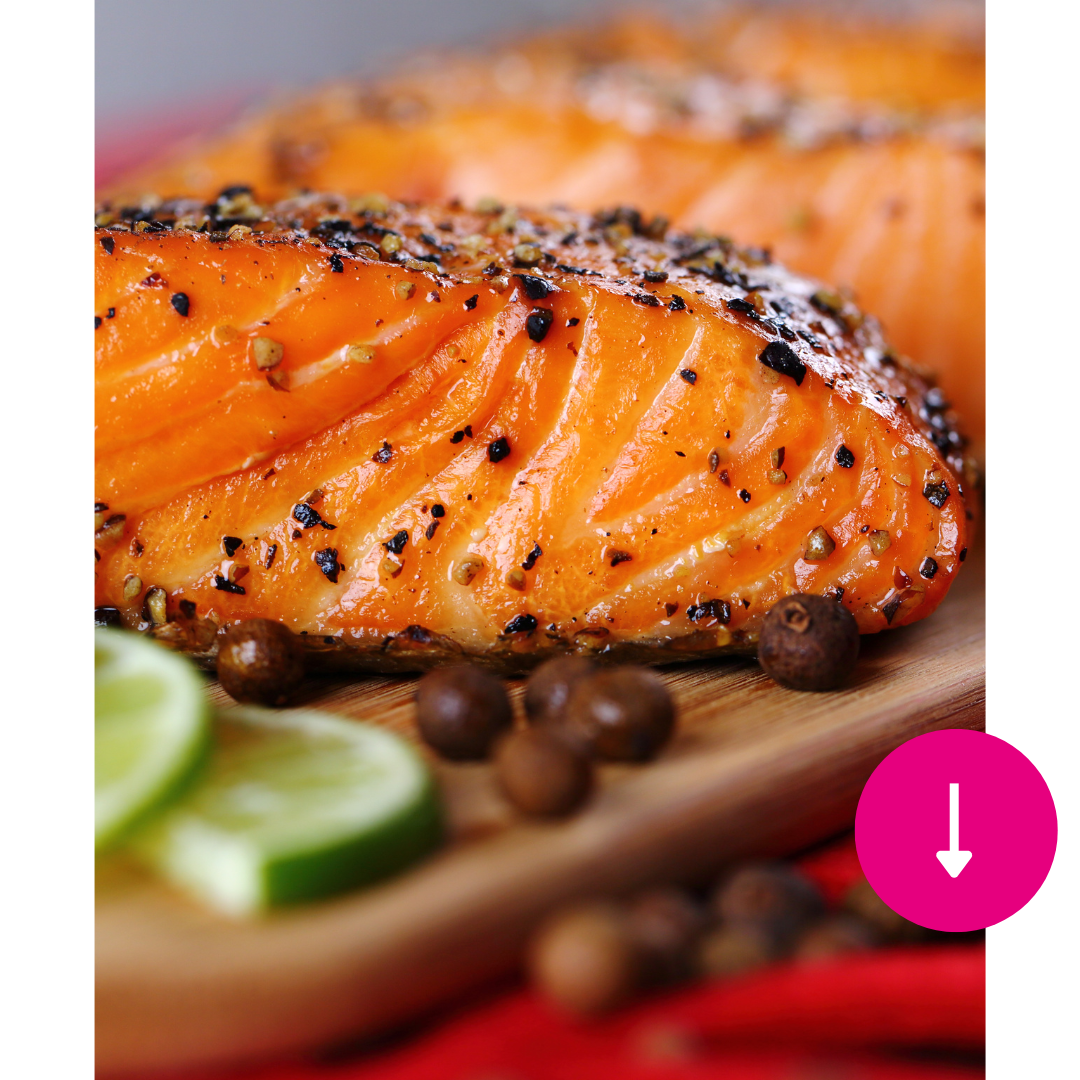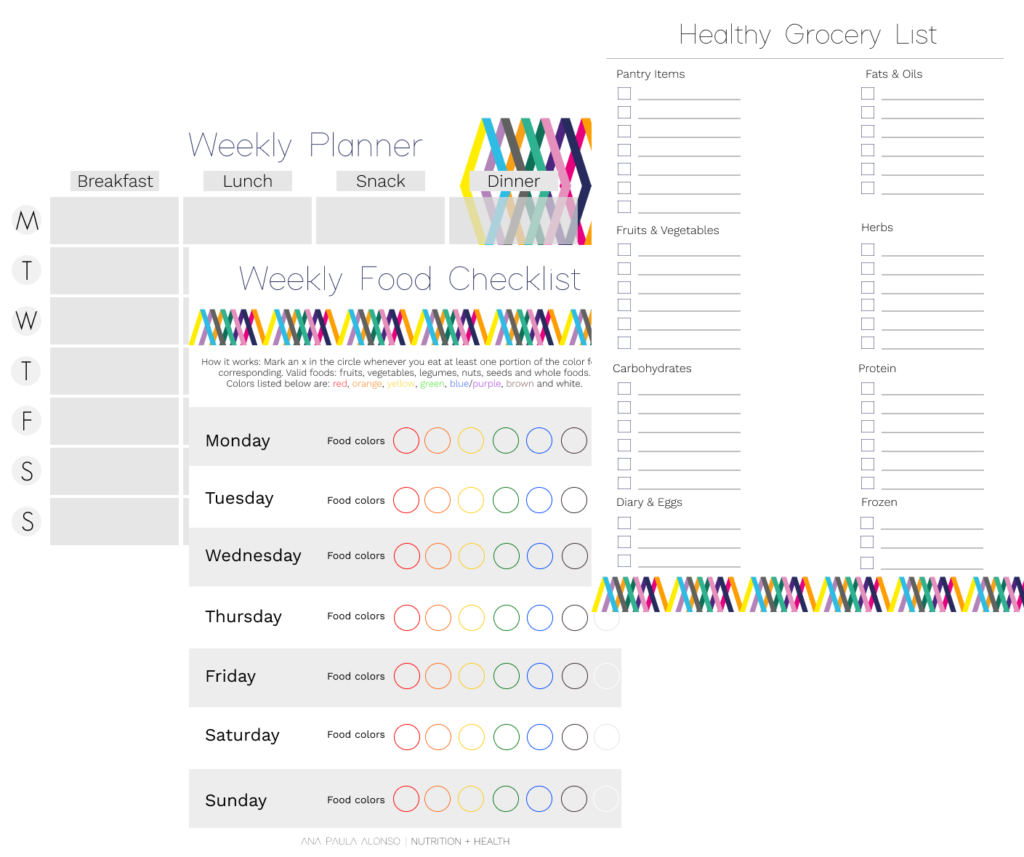In the quest for a healthier lifestyle, understanding calories is paramount. These tiny units of energy play a significant role in our lives, influencing our weight, energy levels, and overall well-being.
Let’s dive into the world of calories, exploring what they are, how they affect us, and how to make informed choices for a healthier you.
Understanding Calories
Calories are the fuel that keeps our bodies running. They are the energy we obtain from the food and drinks we consume. Whether you’re aiming to lose, maintain, or gain weight, having a grasp of calories is crucial.
The Basics of Calories
Let’s start with the basics. A calorie is a unit of energy. In nutrition, we use the term “kilocalorie,” which is what we commonly refer to as a calorie. These kilocalories provide the energy needed for our bodies to function, from breathing to more physically demanding activities.
Caloric Intake and Weight
Understanding the relationship between caloric intake and weight is essential. If you do not use the same amount of calories as you eat and drink, your body weight may change. For example:
- you’re likely to put on weight if you eat and drink more calories than you use. This is because your body stores the extra energy as fat.
- you’re likely to lose weight if you eat and drink fewer calories than you use. This is because your body uses its stored fat for energy.

Finding the right balance is key to achieving your weight goals.
Calories in Different Foods
Not all calories are created equal. Different foods provide varying amounts of calories. For example, one serving of vegetables contains significantly fewer calories than a serving of sugary snacks. It’s essential to choose nutrient-dense foods to get the most out of your calorie intake.
How to Calculate Your Caloric Needs
Calculating your daily caloric needs depends on factors like age, gender, activity level, and weight goals. Online calculators and consultations with nutritionists can help you determine the right number of calories for your specific needs.
The recommended daily calorie intake for the average person is:
- 2,500kcal for men
- 2,000kcal for women
Monitoring Your Caloric Intake
Keeping track of your daily calorie intake can be a game-changer on your journey to better health. Numerous apps and tools are available to help you monitor your food consumption effortlessly.
Here are some simple ways to help you keep track:
• Check the labels on shop-bought foods
You can find calorie information on food labels, usually broken down per portion, per 100g, and per pack.
Per-portion information may be more useful than per 100g, but remember that the portion size you’re having might not be the same as the manufacturer’s portion – this can make a big difference to your calorie intake over the day.
• Try weighing your portions
To begin with, it may be useful to weigh the portions you have. This should start to give you an idea of how many calories you are having and whether you need to adjust your portion size.
• Keep a food diary
Having a daily record of everything you eat and drink can make it a lot easier to keep track of your calorie intake. Try it for a week or 2 to get a good idea of what you have, and carry on if you find it useful.
Remember to include the calories in:
- the oil and spreads you have cooked with
- any toppings or accompaniments, like cheese or yogurt
- sauces, such as mayo and ketchup
If you are a tech-savvy person and looking for an app to help you track the calories you intake during the day, check this article about the best calorie counter app available.
Understanding calories is pivotal to managing your weight and overall health. By making informed choices about your caloric intake and focusing on nutrient-dense foods, you can embark on a journey to a healthier and happier you.
I invite you to check out Instagram for more healthy lifestyle inspiration. Thanks for stopping by!
Best Wishes,
Ana Paula Alonso







